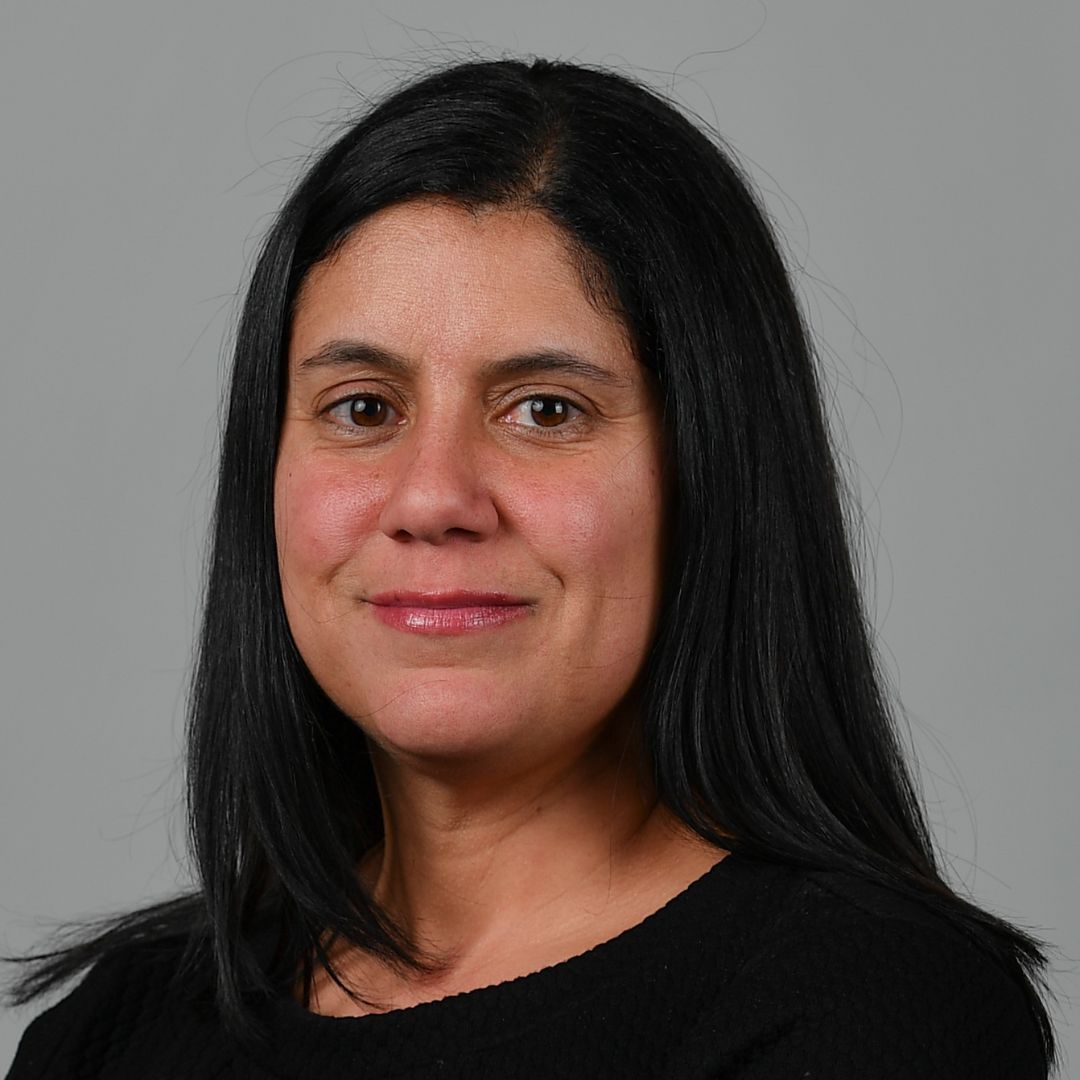Milwaukee Neighborhood News Service
PROBLEM WITH THIS WEBPAGE?
Report an accessibility problem
To report another problem, please contact andrew.goldstein@marquette.edu.

The Diederich College of Communication and the O’Brien Fellowship in Public Service Journalism welcome Dana Hedgpeth and Sari Horwitz, both of The Washington Post.
Thursday, Oct. 9
3:30-5 p.m.
Register Here
This year's winners of the Dori Maynard Justice Award will be on hand to share insights from their powerful project, “Indian Boarding Schools.” The five-part investigative series, the result of an 18-month inquiry, uncovers the widespread sexual abuse of Native American children by Catholic priests, brothers, and sisters within the boarding school system.
Praised by judges as “haunting, beautifully done, and probing,” the work exemplifies the impact of courageous journalism in pursuing truth and justice.
This award celebrates journalism that overcomes ignorance, stereotypes, intolerance, racism, hate, negligence and indifference. Winning entries will bridge any or all of the social fault lines and fissures of race, gender, religion, class, caste, generation, disability, illness, nationality and geography. Sponsored by the John S. and James L. Knight Foundation, this award is named in memory of Dori J. Maynard who was an ASNE board member and a strong advocate for news and newsroom diversity and journalism that addressed injustices. A longtime journalist, Ms. Maynard was the president of the Robert C. Maynard Institute for Journalism Education, which is dedicated to helping news media accurately portray all segments of society.
Join us for an interactive discussion with the reporters along with time for Q&A from the audience.
 Dana Hedgpeth
Dana HedgpethDana Hedgpeth is a Native American journalist who has been at The Washington Post for 25 years. She is an enrolled member of the Haliwa-Saponi Tribe of North Carolina. At The Post, she has covered topics including Native Americans and their history, along with stories of Indian boarding school survivors, plus Pentagon spending, the U.S. defense industry, the D.C. Metro's rail and bus systems, local governments, and courts.
 Sari Horwitz
Sari HorwitzSari Horwitz is an investigative reporter who covers criminal justice issues for The Washington Post. Horwitz has been awarded the Pulitzer Prize four times. In 2002, she shared the Pulitzer for investigative reporting for a series exposing the District of Columbia's role in the neglect and deaths of 229 children placed in protective care. The series prompted an overhaul of the child welfare system and a new wing of D.C. Superior Court for children and families. Horwitz also co-wrote an investigation of D.C. police shootings that revealed that D.C. police officers shot and killed more people.
The annual Burleigh Media Ethics Lecture addresses topical and moral issues facing the world today. Sponsored annually by the J. William and Mary Diederich College of Communication, the lecture honors William R. Burleigh, a 1957 Marquette journalism graduate, who started working for the Evansville, Ind. Press at age 14 as a sports reporter. He retired in 2000 as president and CEO of the E.W. Scripps Company, having led the transformation of Scripps from primarily a newspaper enterprise into a media company with interest in cable and broadcast television, newspaper publishing, e-commerce, interactive media, licensing and syndication. Burleigh lectures address ethical issues today's communicators report on, as well as those they wrestle with in their own work.